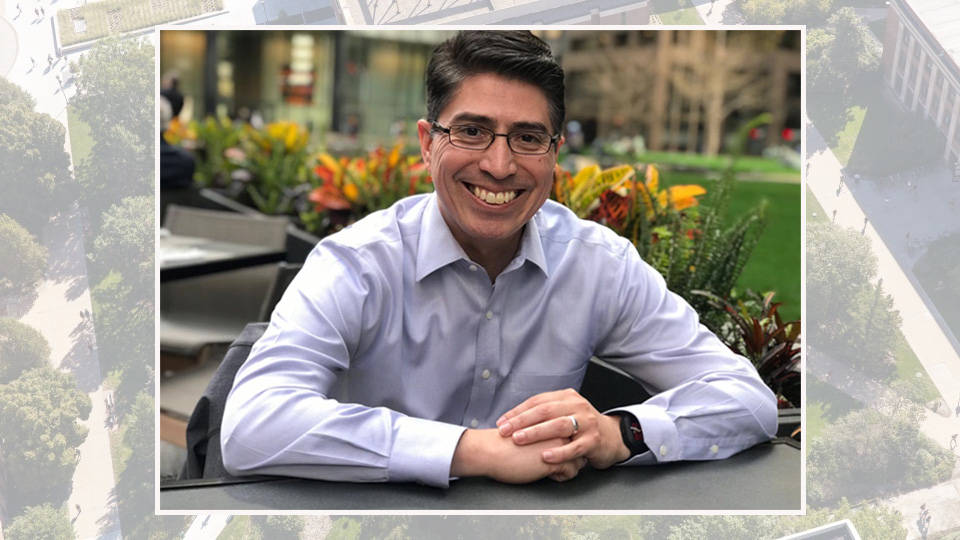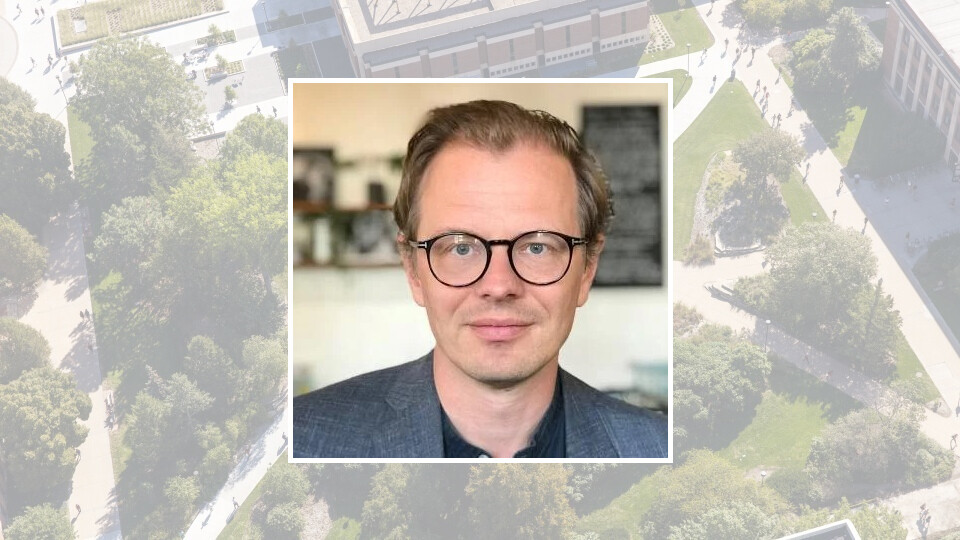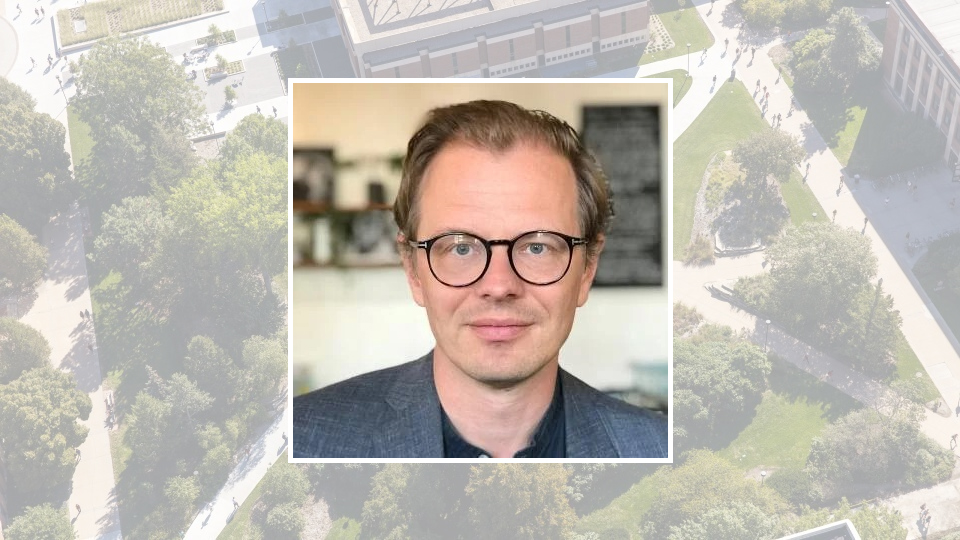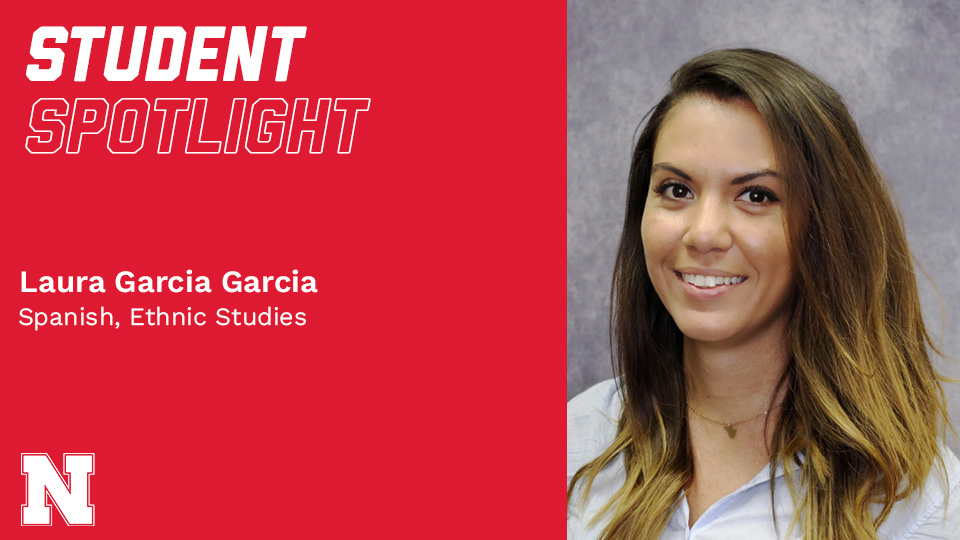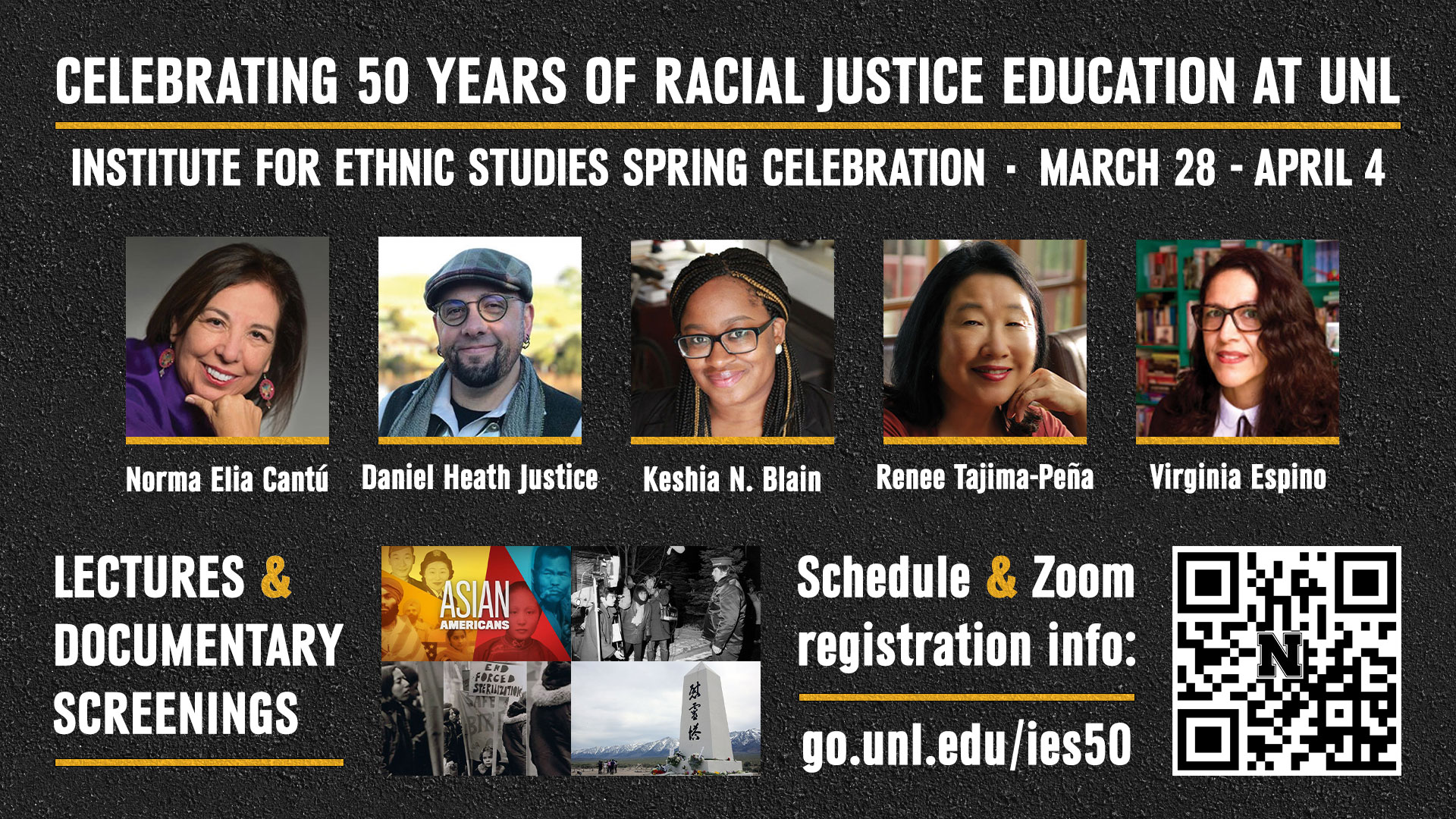
Fifty years ago, in the wake of the Civil Rights Movement and nationwide political protests against continuing racism and white supremacy, students and faculty at the University of Nebraska agitated to create an academic home for the study of race, ethnicity, and social justice.
In 1972, the Institute for Ethnic Studies was founded to educate UNL students about issues that were so urgent and pressing then—and remain so today.
Over the next five decades, the institute became an interdisciplinary academic unit that offers a major, five minors, and graduate specializations at the M.A. and Ph.D. levels. Devoted to transformative social-justice education, instructors in ethnic studies have won university awards for excellence in teaching, and many are nationally and internationally known for their scholarship and creative work on racial justice.
“Our institute at UNL was among the first academic centers created in the United States to support groundbreaking research, teaching, and service on issues of race, ethnicity, and social justice,” said Joy Castro, a faculty member in the Department of English who directs the institute and is overseeing the celebration. “Our mission remains crucial.”
Students who major or minor in ethnic studies can focus on African studies, African American studies, U.S. Latinx studies, Latin American studies, and Indigenous studies, and the development of a long-desired Asian American studies program is now underway. A new minor in racial justice, inclusion, and equity—a diversity credential to combine with any major and prepare for a global workplace—is enrolling students now.
To mark the fiftieth anniversary, the institute is hosting a week-long series of events that explore various aspects of racial and Indigenous justice.
“Our line-up is stunning,” said Castro. “We’ve scheduled knockout lectures by distinguished scholars from across North America: Norma Cantú, Daniel Heath Justice, Keisha Blain, Virginia Espino, and Renee Tajima-Peña.”
“Renee Tajima-Peña is also an award-winning documentary filmmaker,” added Jordan Charlton, a poet, English Ph.D. student, and ethnic studies instructor, “and we’ll be screening her films all week, free.”
The PBS docuseries Asian Americans, the short skateboarding documentary Skate Manzanar, and other documentaries will screen at the Lied Commons each day at 4:00 p.m.
“All of our events are free and open to the public,” Margaret Huettl, Anishinaabe historian in the Department of History and head of the Indigenous studies program, said, “thanks to the generous support of the Chancellor’s Office and the dean of the College of Arts and Sciences.
"We’re also in the fortunate position of having several new scholarships and awards to bestow, thanks to the generosity of donors who care about racial and Indigenous justice.”
A week of celebration
The opening lecture, “A Pilgrimage: Fifty Years of Ethnic Studies at UNL,” will be delivered on Tuesday, March 29 at 5:30 p.m. by alumna Norma Cantú, Murchison Distinguished Professor of the Humanities at Trinity University. She is the author of several critical and creative books of Mexican American literature, including the memoir Canícula: Snapshots of a Girlhood en la Frontera. Several UNL professors teach Cantú’s work in their courses.
After Cantú’s lecture, the institute will award the inaugural stipend from the Rafael (Ralph) Grajeda Graduate Student Support Fund to a doctoral student. Cantú was a student of the late Grajeda, who co-founded the institute. After earning his doctorate at UNL, Grajeda became a revered teacher and scholar of Chicanx literature in the Department of English, and he directed the institute from 1979 to 1984.
Another UNL alum, Daniel Heath Justice, will give the lecture “Blood, Nation, Kin: Pasts and Futures of Indigenous Literary Studies” on Wednesday, March 30 at 5:30 p.m. A Colorado-born citizen of the Cherokee Nation, he is professor of critical Indigenous studies and English language and literatures at the University of British Columbia. He wrote Why Indigenous Literatures Matter, the Indigenous speculative-fiction novel The Way of Thorn and Thunder, and Justice is the author of several other critical and creative books.
After Justice’s lecture, the institute will award the inaugural Leo Yankton Award for Indigenous Justice, which honors the extraordinary life and work of local Lakota activist Leo Yankton. He grew up on the Pine Ridge Reservation and in Lincoln, and he was the keynote speaker at a previous Spring Celebration. The award will be given annually to one or more UNL students, staff members, (non-ethnic studies) faculty members, or non-UNL affiliated individuals who have contributed significantly to Indigenous justice in the spirit of Leo’s own Native activism.
“Ethnic Studies is especially proud,” said Tom Gannon, the associate director of the institute, “to now offer an award dedicated to the tribal peoples of Nebraska and the Great Plains.” Gannon is an Indigenous studies scholar, Lakota memoirist, and award-winning university instructor.
On Thursday, March 31 at 6:30 p.m., Keisha Blain, an associate professor of history at the University of Pittsburgh, will deliver the lecture “Black Women and the Struggle for Human Rights.” Currently in residence at the Carr Center for Human Rights Policy at Harvard University, she is the author of Until I Am Free: Fannie Lou Hamer’s Enduring Message to America.
The inaugural award from the Rev. Dr. Michael W. Combs Memorial Fund for Scholars of Equality and Justice will be given After Dr. Blain’s lecture. The fund was founded in honor of the late Combs, a scholar of African American politics, constitutional law, and judicial politics who taught for 40 years at the University of Nebraska and directed the institute from 1989 to 1991.
The institute will welcome Renee Tajima-Peña, professor of Asian American studies at UCLA, on Friday, April 1. She will give the lecture “Why Asian American Studies Matters” at 12 p.m. and meet with faculty and administrators who are working on building a new Asian American studies program.
On Monday, April 4, Tajima-Peña’s documentary No Más Bebés will be screened, followed by the talk “Para que me Recuerden: Acts of Love for Family and Community.” from historian Virginia Espino. Her research—an investigation of the Los Angeles-USC Medical Center’s history of coercive sterilization—led to the making of the documentary.
“Dr. Espino’s work on No Más Bebés is pathbreaking,” said Latinx studies professor Laura Muñoz, author of the forthcoming book Desert Dreams: Mexican Arizona and the Politics of Educational Equality, “ not only for the recovery of these women’s histories, but because she demonstrates how historical scholarship can serve the public good. That’s the heart of Latinx and ethnic studies—'to examine the world through a social justice and human rights lens'.”
After the lecture and screening, the institute will bestow the inaugural Libano Fabio Castro Scholarship in Film Studies to a junior or senior majoring in film studies with a second major or minor in Latinx or Latin American studies.
“This award,” Castro said, “honors my late father, who always loved film but couldn’t afford college until after he retired.
"All of the instructors in ethnic studies are dedicated to making the future brighter than the past," Castro added. "It’s why I love being part of the institute.”
“Teaching ETHN 100: Introduction to Ethnic Studies here at UNL has been a transformative experience,” Eli Ornelas, a doctoral student in sociology and an ethnic studies instructor, said, “and the eagerness with which my students engage with me in class gives me hope for the future.”
“Educating people about racism and racial justice wasn’t easy in 1972," Castro said, "and it isn’t easy today. There continue to be segments of the population that prefer to ignore or deny the racist violence of our country’s past and present. We’re here to make sure that doesn't happen.”
Visit the institute's page for the event or calendar of events for more information.
